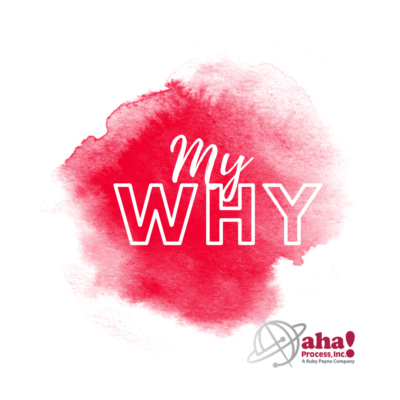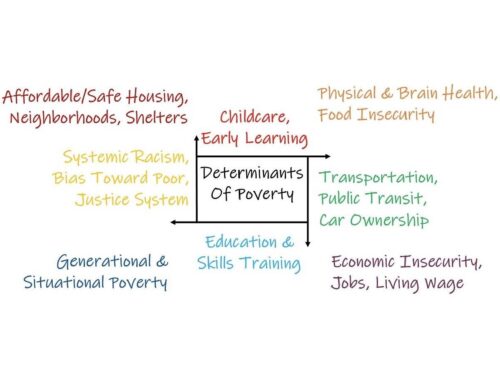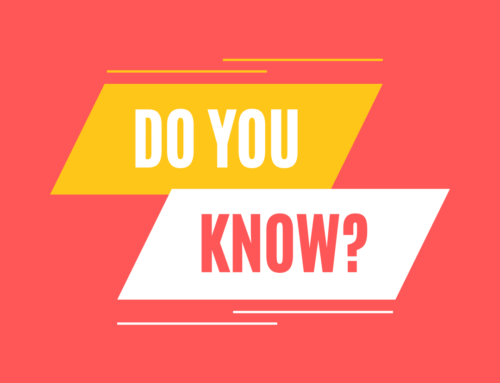Sometime back, I received this story from a client who was greatly impacted by the hidden rules within the book A Framework for Understanding Poverty. When I’m tired, when the days are long, when the flight is delayed, I reflect back on the stories shared to me, and I’m grateful that the information, strategies, and tools in A Framework for Understanding Poverty have been helpful to others.
Here is her story. She says that it is very much still a “work in progress.” This is a compressed and to-the-point version.
______________________________________________________________________________
 I grew up in a home with violence and a mentally ill mother. From the outside, you wouldn’t have known, but at home, things were quite unpredictable. We lived in poverty. I remember times when we had no electricity and heated with wood and spent much time at the park a block from the laundromat. I am the youngest from a blended family of ten. My four oldest siblings were much older and never lived with us because their maternal grandparents raised them. (Their mother was also mentally ill—see a pattern?)
I grew up in a home with violence and a mentally ill mother. From the outside, you wouldn’t have known, but at home, things were quite unpredictable. We lived in poverty. I remember times when we had no electricity and heated with wood and spent much time at the park a block from the laundromat. I am the youngest from a blended family of ten. My four oldest siblings were much older and never lived with us because their maternal grandparents raised them. (Their mother was also mentally ill—see a pattern?)
My mother had three sons from her first husband, so I grew up with five older brothers. Yet, none of us have many shared memories—at least not good ones—and the others were lost in our subconscious. Just in recent years have we had actual conversations about some of them that have surfaced. The three older boys went to live with their dad when I was little; I think the last one left when I was around six.
I remember that night all too well. I was watching from the banister while mother screamed for them to stop fighting. My dad and brother (who was in junior high school at the time) were fighting and knocking each other around. It ended outside with my dad falling on the ice, breaking his collarbone, and spending the rest of the evening in the emergency room. My brother had run to the police station and went to live with his dad, who was an alcoholic, after that.
My parents divorced when I was in junior high, and we three younger kids were dispersed to different places. I honestly don’t know where my brothers lived during all my high school years. I lived with families of my friends, and a cousin took me in to her family for six months when I was in eighth grade. I went to three different high schools and have no clue how I actually graduated, but I did.
The summer after I graduated, my older brothers came and got my mom and took her to a psych ward, and she has been in the system since.
I tried college but pretty much failed out my first semester. I worked in factories after that. One of those is where I met the father of my children, and seven years later, I had to escape or die. He was violent and very abusive. He never really hit me, but his fist flew by my face into the wall on more than one occasion. One time, our two-and-a-half-year-old stepped in front of me and said, “Stop being mean to my mommy,” while our four-year-old clung to my leg. I was immediately transported back to those steps looking down through the banister. We left less than six months later. I couldn’t ever allow them to be put in a position where they had to defend me from their father.
We moved in with my brother and his family for a month while I got us a place to live. It was hard, and a couple years after leaving, I became depressed and knew there had to be more. Depression helped me lose my job. I was ready for a change, and I enrolled in college full-time and worked a part-time job as a waitress. I had a rocky start trying to balance my job, school, and two elementary-age boys. I struggled in my classes but did well enough to pass most of them and move on. I excelled at my job and was promoted to cafe manager.
As a person, I had trust issues and didn’t function well with others because I always felt like they all knew something I didn’t. Come to find out, they did! The hidden rules were like fireworks going off in my head while reading A Framework for Understanding Poverty.
My struggle with functioning in a place where we catered to middle- and upper-class people actually cost me my job. (There was more to it than that, but that is a whole other chapter). The firing was actually a good thing because I dove into my studies, and by then I had developed a support group from a group of ladies I attended Bible study with, and I started meeting with my own therapist.
With no job, I could focus better on my studies, and I made the dean’s list! I had no clue I was smart. My therapist and the group of ladies helped me to believe that I was lovable, too. All of these things made me a better mother.
I graduated with my bachelor’s degree in 2011. I went on to get a few graduate courses under my belt in theology and psychology. I didn’t finish my master’s degree because my children were entering the final years of high school and I needed to focus on getting them ready for life and college. Currently, my youngest is getting ready to start his senior year of college.
I have worked for a somewhat well-known speaker and lyricist for the past 15-plus years, and I have been exposed to people of all three classes on a regular basis. I have also learned to function in each setting quite well. I do find myself having to be careful to not slip back into the impoverished mindset.
______________________________________________________________________________
Learn more about A Framework for Understanding Poverty. Many individuals and groups have used this book to build resources, patterns of learning, and behaviors that will help them exit poverty.








